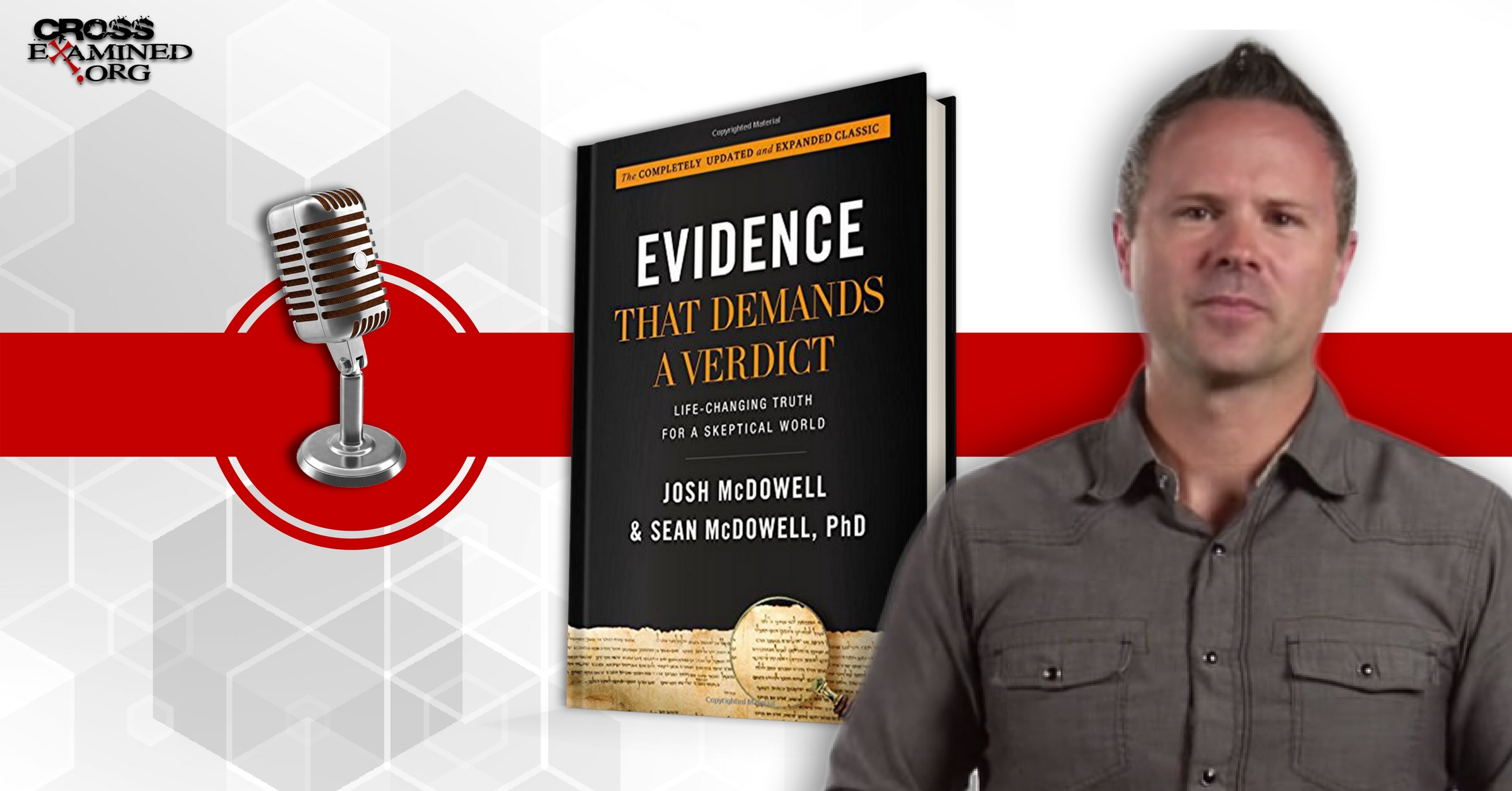By Al Serrato
The fool has said in his heart, “There is no God.” If this passage from Psalms is correct, then many people today are fools, for they insist that God does not exist. But the ranks of non-believers include many scientifically minded and highly intelligent people, not the sort we would normally consider as foolish. So, what makes such a person a “fool,” and not merely someone with whom we disagree?
Well, let’s begin with a look at the definition of “fool,” which includes “a person who has been tricked or deceived into appearing or acting silly or stupid.” Now, sometimes we trick ourselves, and thereby make fools of ourselves. And other times we are misled. But either way most would agree that someone who holds contradictory views has deceived himself. Imagine a person proudly proclaiming that the prime rib he is about to eat is an important part of his vegetarian diet. Or the person who says that the only medicine that can save him is the one with no ingredients.
But sometimes contradictions aren’t as obvious. Why, then, is it a contradiction to insist there is no God? It doesn’t appear to be contradictory – at first glance anyway. For the answer to that question, we are indebted to St. Anselm of Canterbury, who lived and pondered these questions some ten centuries ago. I can’t do justice to Anselm’s argument in this brief piece, but perhaps some concepts borrowed from Anselm may help make the point.
The first requires consideration of just what the mind does. Anyone who has seen a baby develop realizes that the human mind comes preprogrammed with an “operating system” of sorts. This allows us to acquire language, to reason, to recognize concepts such as fairness and truth and beauty, and other intangible things, and to make use of imagination. This ability for abstract thought lends itself to “got it” moments when a problem that has been puzzling us all of a sudden makes sense. We all use these systems intuitively; of course, there is no other way, since we could never use reason, for instance, to prove the validity or usefulness of reason.
One aspect of this ability for abstract thought is the ability to conceptualize. Food, for instance, can encompass a million different things, but to qualify it must be edible and serve to nourish, and not poison, us. We can call an ashtray “food”, but the underlying thing is not a matter of what we call it, but of what it consists.
So, with this observation in view, consider for a moment not what a definition of God might be, but what the conception of God is. What is it that we are struggling to grasp when we use that term? Anselm’s definition was simply this – God is that being a greater than which cannot be conceived. Whatever attributes God would have – omnipotence, omnipresence, perfect goodness, etc. – if you can conceive of a being with all those attributes plus an additional one, then the latter would be God. So, imagine two beings then – each with exhaustive, infinite powers. One of the two has the attribute of necessary existence, while the other may or may not exist. Clearly, the former – the one with necessary existence – would be the greater. Consequently, to fully conceive of God, we must be conceiving of a Being who can’t not exist, whose existence must always have been and will always continue to be. Anything else simply cannot fit the conception of God.
So, what does that prove? Maybe this conception of God is imaginary. Not so, Anselm would contend. And here’s why: the mind is not capable of conceptualizing something that does not correspond to something real. Now, this premise is a bit harder to get one’s mind around. The normal response to this part of the argument is that we create imaginary things all the time, from unicorns to tooth fairies to Jedi Knights. But each of these things, while imaginary, is the combining of things that are real: a horse and a horn; a person with wings and unusual powers; a warrior with special abilities and unusual weapons. And, moreover, neither a unicorn nor a tooth fairy nor a Jedi Knight would possess the attribute of necessary existence. If a unicorn did exist, it would have to consist of a horse with a single horn in its head; but its existence could have occurred briefly in the distant past, or could arise in the distant future or could not occur at all. We can fully conceptualize such a creature without the need that the creature itself actually exist because the conceptualization does not require necessary existence.
This concept of “necessary” existence is not easily grasped at first. Many skeptics will contend that “existence” is not an attribute at all. Imaginary things don’t actually exist, they will say, so they consist of nothing. This line of argument can quickly devolve into an argument over definitions, with the skeptic insisting that it is nonsensical to consider a thing which does not exist. This assumption allows them to defeat Anselm’s argument – they write “necessary existence” out of the set of characteristics of God – but a moment’s reflection should reveal that this comes at too high a price. I can conceive in my mind of many past historical figures whose attributes I can describe in detail but who do not presently exist, for they have passed away. More importantly, every scientific discovery or invention must first begin in the mind of a person who sees the attributes of the thing before it actually takes form. The automobile, for instance, did not create itself; it first appeared in the mind of an inventor who could see what it would consist of if it did exist and then set about adding “existence” to its attributes.
Letting our minds approach the concept of what “God” must be, the only way to conceptualize Him, is as a necessarily existent being. If we are not seeing Him that way – if we are insisting that there may be a God, but then again maybe not, then we are not yet thinking about God, but about something else, something less than God.
This foray into philosophy can be difficult. Fortunately, there are many other proofs for God’s existence, ones much easier with which to grapple, but this one stands out for its elegance. For if it has merit, then God has embedded within us the means to find Him in the one place we have exclusive and special access to our very minds.
If Anselm is right, then the fool who denies God is saying something like “I believe that the Being who must necessarily exist does not exist.” A rather foolish thing to say, when you see it clearly.
The Bible says that God has written his law on our heart. Perhaps if we probe a bit deeper still, we can also begin to see in its depths the first faint scratching of His signature.
Original Blog Source: http://bit.ly/2klEgzC













